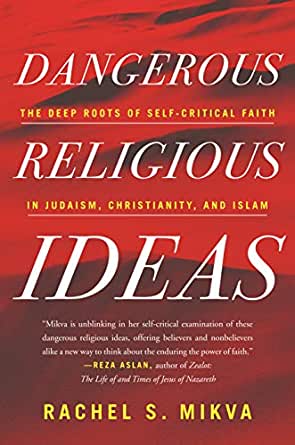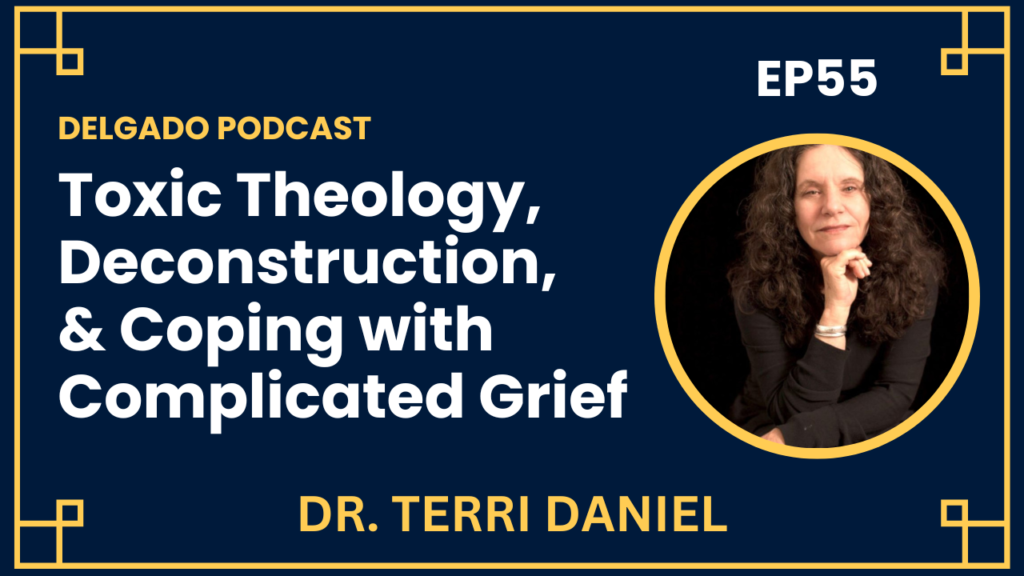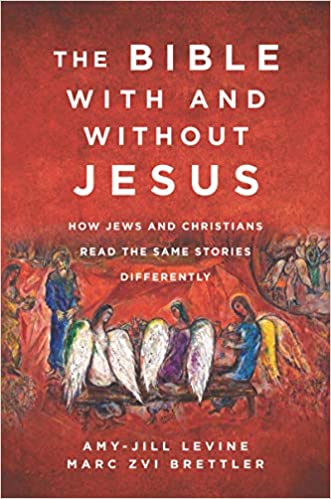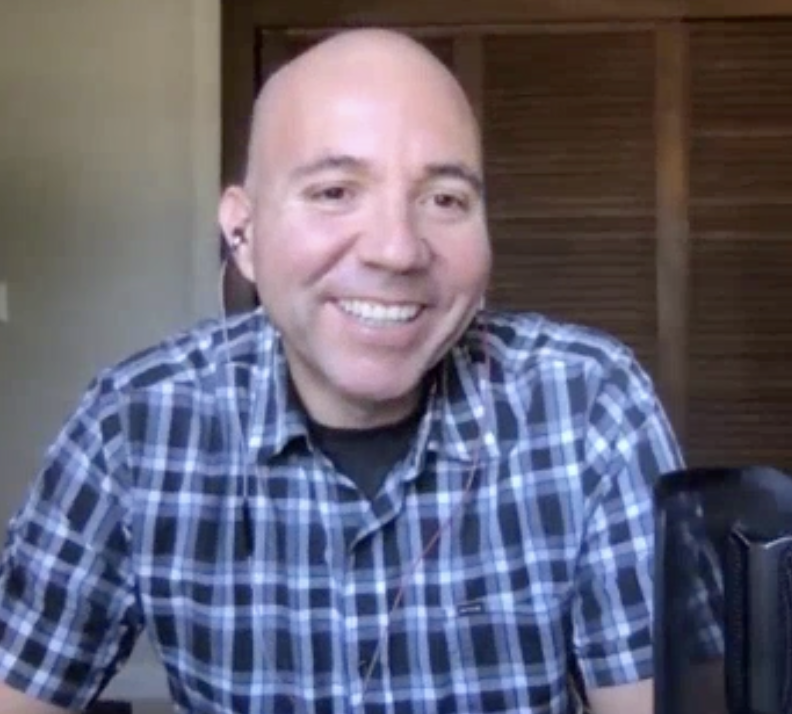 The Bible can provide us with encouragement and wisdom, but also pain and sadness.
The Bible can provide us with encouragement and wisdom, but also pain and sadness.
There are exhortations to love our neighbors and examples on ways to care for the hurting, but also Biblical passages of violence and oppression.
Our understanding of these Biblical texts will vary depending on how we’ve heard them interpreted by the faith traditions we’ve been exposed to.
Sadly, the Bible has been used to defend slavery, oppress women, marginalize our LGBTQ+ community, and even justify violence. It’s no wonder why so many of us might want to avoid reading our Bible altogether.
In “Dangerous Religious Ideas: The Deep Roots of Self-Critical Faith in Judaism, Christianity and Islam,” Rabbi Rachel S. Mikva reveals how different faith traditions have discussed and debated their sacred texts — and how their interpretations on these texts continue to evolve. She also addresses some of the dangerous ideas that our sacred texts have expressed.
She shares why it’s important for us to be self-critical readers of our sacred literature, which means asking the hard questions and dialoguing with others about ways to understand these texts, especially conversations with those outside our own religious traditions.
In this podcast, Rabbi Rachel Mikva discusses ways to approach these dangerous sacred texts. You can subscribe or download this episode on iTunes, Spotify, Google Podcasts or Stitcher. You can also watch or subscribe to the video series on YouTube.
Read More…

 The Bible can provide us with encouragement and wisdom, but also pain and sadness.
The Bible can provide us with encouragement and wisdom, but also pain and sadness. We’re honored to learn from Dr. Amy-Jill Levine and Dr. Marc Zvi Brettler in this week’s podcast about their latest book “
We’re honored to learn from Dr. Amy-Jill Levine and Dr. Marc Zvi Brettler in this week’s podcast about their latest book “
